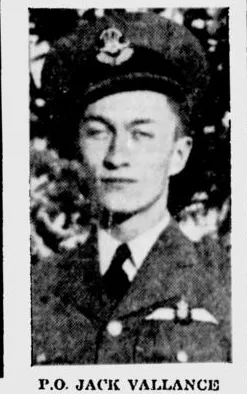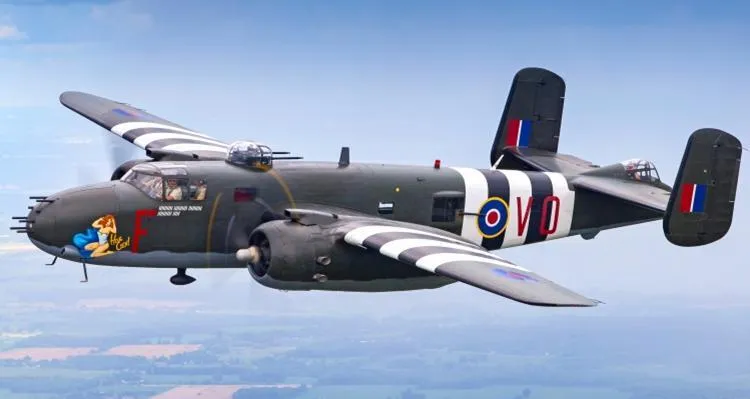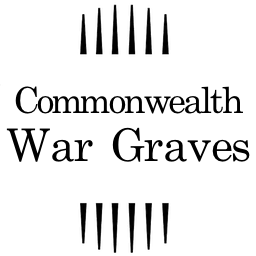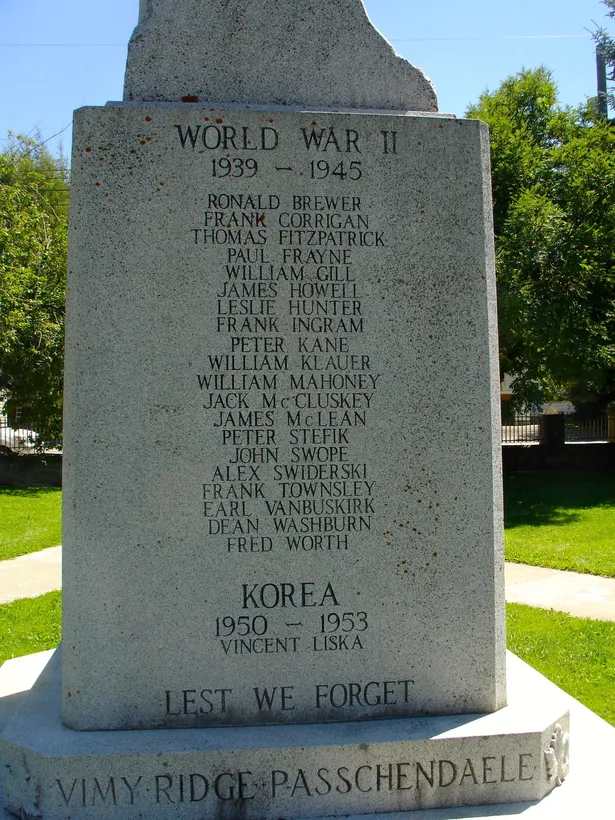Vallance, John
Killed in Flying Accident 1943-04-21


Birth Date: 1923-October-11
Born:
Son of John and Ethel Vallance, of Vancouver, British Columbia.
Home: Vancouver, British Columbia
Enlistment:
Enlistment Date: Unknown
Service
RCAF
Unit
111 OTU- Operational Training Unit
Base
Rank
Pilot Officer
Position
Pilot Officer
Service Numbers
J/20984
First Burial
 Ottawa War Memorial, Ottawa, Ontario
Ottawa War Memorial, Ottawa, Ontario
North American Mitchell B-25 B-25D B-25J

Canadian Warplane Heritage Museum
The North American B-25 Mitchell is an American medium bomber that was introduced in 1941 and named in honor of Major General William "Billy" Mitchell, a pioneer of U.S. military aviation. Used by many Allied air forces, the B-25 served in every theater of World War II, and after the war ended, many remained in service, operating across four decades. Produced in numerous variants, nearly 10,000 B-25s were built.
The North American B-25 Mitchell was flown by the RCAF during and after the Second World War. The RCAF flew the B-25 Mitchell for training during the war and continued flying operations after the war, in Canada with most of 162 Mitchells received. The first B-25s had originally been diverted to Canada from RAF orders. These included one Mitchell Mk. I, 42 Mitchell Mk. IIs, and 19 Mitchell Mk. IIIs. No 13 (P) Squadron was formed unofficially at RCAF Station Rockcliffe in May 1944 and flew Mitchell Mk. IIs on high-altitude aerial photography sorties. No. 5 OTU (Operational Training Unit) at Boundary Bay, British Columbia and Abbotsford, British Columbia, operated the B-25D Mitchell in a training role together with B-24 Liberators for Heavy Conversion as part of the BCATP. The RCAF retained the Mitchell until October 1963.
No. 418 (Auxiliary) Squadron received its first Mitchell Mk. IIs in January 1947. It was followed by No. 406 (Auxiliary), which flew Mitchell Mk. IIs and Mk. IIIs from April 1947 to June 1958. No. 418 Operated a mix of Mk. IIs and Mk. IIIs until March 1958. No. 12 Squadron of Air Transport Command also flew Mitchell Mk. IIIs along with other types from September 1956 to November 1960. In 1951, the RCAF received an additional 75 B-25Js from USAF stocks to make up for attrition and to equip various second-line units..Wikipedia and Harold Skaarup web page
 Canadian Virtual War Memorial
Canadian Virtual War Memorial Commonwealth War Graves Commission
Commonwealth War Graves Commission www.findagrave.com
www.findagrave.com
 Mitchell Bomber
Mitchell Bomber Wikipedia Mitchell Bomber
Wikipedia Mitchell Bomber Harold A Skaarup Web Page
Harold A Skaarup Web Page